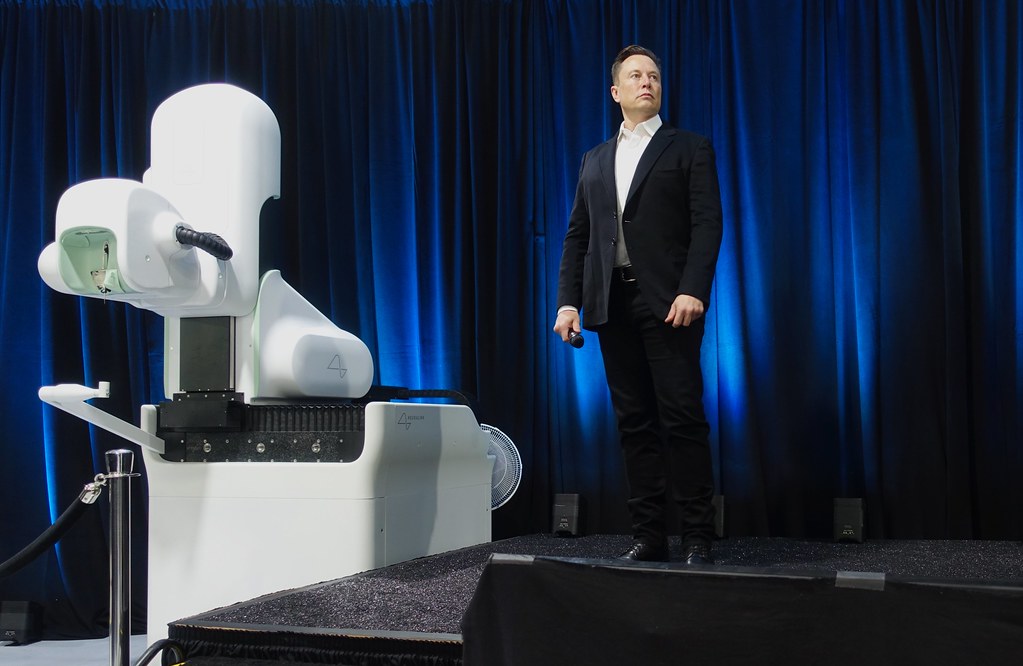
Elon Musk’s health technology company Neuralink identified itself as a “small disadvantaged business” (SDB) in a federal filing with the U.S. Small Business Administration (SBA) shortly before completing a funding round that valued the company at $9 billion.
Neuralink is developing a brain-computer interface (BCI) system designed initially to help people with severe paralysis regain independence by translating brain signals into commands to control external devices.
The filing, dated April 24, coincided with Musk’s leadership at the Department of Government Efficiency (DOGE), where he worked on reducing the size of federal agencies and questioned diversity and inclusion initiatives. MuskWatch first reported on the details of this filing.
What SDB Status Means
According to the SBA, the SDB designation requires that a company be at least 51% owned and controlled by socially and economically disadvantaged individuals. This status can grant preferential access to federal contracts. The Department of Justice has previously penalized companies for false claims related to SDB status.
Jared Birchall, a Neuralink executive who manages Musk’s family office, was listed as the contact for the filing. A spokesperson clarified that Neuralink “has never applied for nor received a benefit from the federal government,” adding that the SDB box was “erroneously checked” and has since been corrected.
Recent Funding and Future Plans
In early June, Neuralink closed a $650 million funding round led by investors including ARK Invest, Founders Fund, Sequoia Capital, and Thrive Capital. The capital aims to expand patient access and develop new devices to strengthen the link between biological and artificial intelligence.
During his time at DOGE, Musk targeted government programs emphasizing diversity, equity, and inclusion (DEI), including efforts to cut funding for DEI-related grants in the Department of Education.
What The Author Thinks
Neuralink’s SDB filing raises important questions about transparency and the responsible use of government designations. While the company has corrected the error, the incident highlights how critical it is for major corporations—especially those led by influential figures like Musk—to ensure honesty in their filings. The tech world moves fast, but regulatory compliance should never be an afterthought, especially when it concerns programs designed to support disadvantaged groups.
Featured image credit: Steve Jurvetson via Flickr
For more stories like it, click the +Follow button at the top of this page to follow us.
